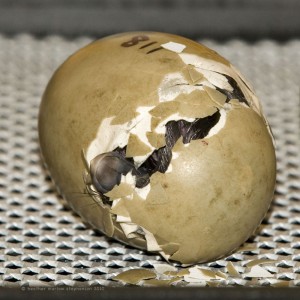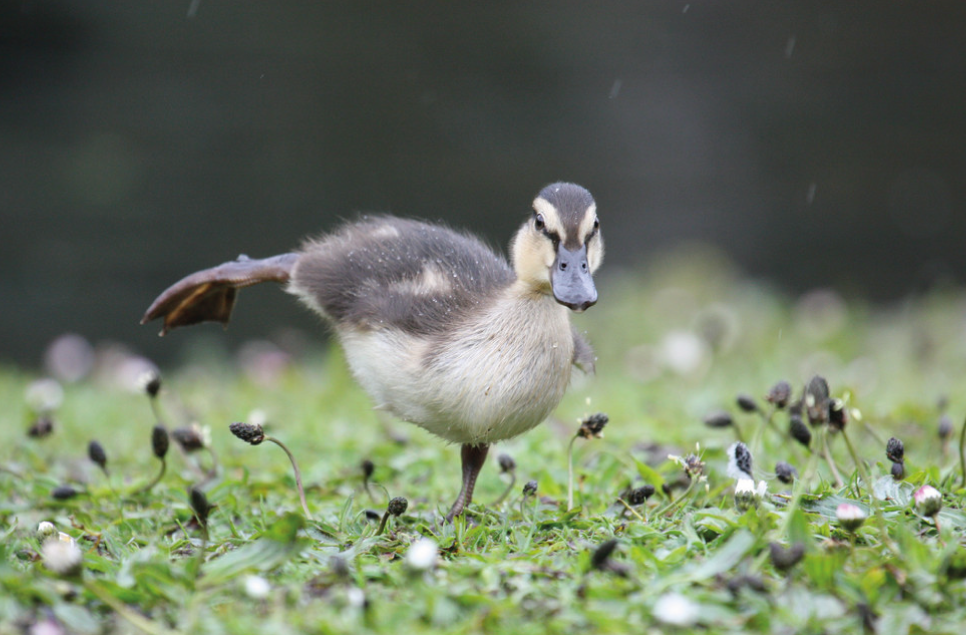Duckery tours start today!

Saturday 25th May - Sunday 2nd June
Come along this week to join one of our behind-the-scenes duckery tours! The duckery is open to the public for one week only every year, and you can join in any day this week at 12pm, 2pm or 3pm – just book in when you arrive at the centre.
We will take you to our egg room to see the incubators, where we will use a technique called candling to show you ducklings developing inside their eggs at different stages – from one week of development all the way through to ducklings trying to hatch! If you are lucky enough to come on a day when a duckling has just hatched in our hatching incubator, you will be able to meet it up close!
You will also tour our indoor duckery, where the baby ducklings live after they are 8 hours old – an amazing photo opportunity so don’t forget your camera! The third part of the tour visits the outdoor duckery, where our older ducklings enjoy five star accommodation with a heated coop and their first swimming pool!
Rearing ducklings in our duckery helps us to save rare birds from extinction. Here at Llanelli, we are breeding endangered white winged ducks, critically endangered Laysan ducks, and many more. Unfortunately due to the late spring these ducklings haven’t hatched yet, but there will be others in the duckery for you to see. The work of WWT’s aviculturalists in places like our duckery has allowed them to develop skills they are now using all around the world to save the world’s rarest species, including the Madagascar pochard and spoon-billed sandpiper, both critically endangered.
The Madagascar pochard was once thought to be extinct. After it was rediscovered in 2006, WWT sent a team to Madagascar to set up a conservation breeding programme. Eggs were collected in 2009 and 23 ducklings hatched – almost doubling the entire population within a few months! These ducklings have now grown up and are breeding themselves! http://www.wwt.org.uk/conservation/saving-wetlands-and-wildlife/interactive-map/saving-the-madgascar-pochard-project/
The spoon-billed sandpiper experienced a 90% decline in numbers over 10 years, and by 2010 there were only 100 pairs left declining at a rate of 25% per year. WWT stepped in to save them, and has started a conservation breeding programme in the UK and a “headstart” programme in Russia. Eggs are collected, chicks are hatched, and then released into the wild after a few weeks. This improves their chances of survival by 600%! http://www.wwt.org.uk/conservation/saving-wetlands-and-wildlife/saving-wildlife/science-and-action/globally-threatened-species/spoon-billed-sandpiper/
This projects are partially funded by WWT membership, and WWT would like to thank all our members for helping to support this vital conservation work.




